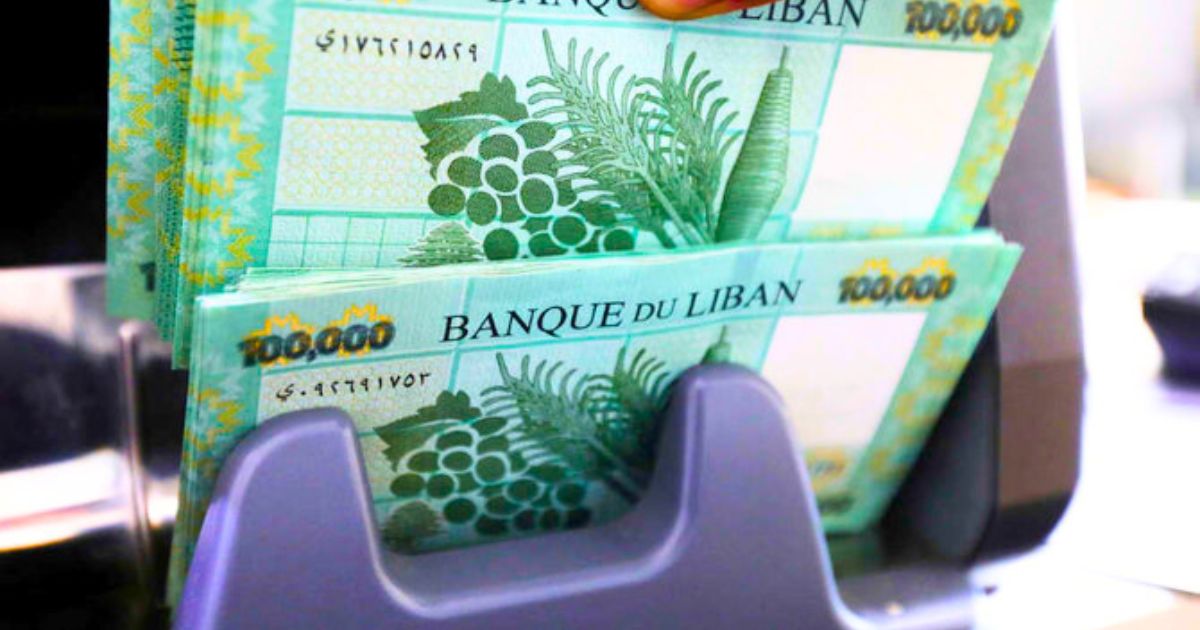The plant of paradise; Lebanon’s green gold; just two nicknames of the many that the controversial cannabis has acquired in Lebanon, and two terms that will soon be well overused after its legalization for medicinal and industrial uses.
But although many have rejoiced over this long-anticipated permission for its positive consequences on Lebanon’s economic sector, the local billion-dollar industry’s inner circle does not appear to be fully in favor of it.
“If they legalize [cannabis cultivation], people in this area who have some money will be stripped of it,” a local commented.
This prevision, which was expressed to VICE by an anonymous Lebanese cannabis farmer in 2019, sums up a significant portion of the attitude of cannabis cultivators towards the legalization of hemp.
Countless people, who rely on this previously criminalized source of income, fear that they will be forced to work under the government’s terms; something they believe will kill their business.
Speaking to VICE in 2019, Jamal Shreif, the Moukhtar of Yammoune, has said, “We are for legalization if the farmers’ conditions are met.”
One of these conditions, according to Shreif, is the restriction of cultivation to the areas where it’s been traditionally grown.
“If the person who used to come and buy it from us becomes able to grow it, he will stop coming to us,” Jamal Shreif has explained to DW.
The deal-breaker
Yammoune is one of the major municipalities that produce cannabis in the Bekaa Valley. It harbors a portion of the 200,000-300,000 dunams (200-300 km²) of hemp fields presently found in Lebanon.
Roughly speaking, a 1 kg batch of Lebanese cannabis is worth around $200. For comparison, a kilogram of potatoes equates to around $1 in the country.
A “deal-breaker” for Lebanese cannabis cultivators, not that they can do much if the government decides otherwise, would be an “invasion” of the fields by government-backed factories that would “profit off the backs of the farmers,” as Yammoune’s Moukhtar puts it.
This is one of the things that small producers in Bekaa, who rely on the green gold industry for their living, resent when it comes to the legalization of cannabis cultivation.
That is not to mention that the production process will be licensed, monitored, regulated, priced, and taxed by Lebanese authorities.
In other words, expenses will increase and profit will decrease for these farmers.
But there has been another perspective among the masters of this craft. Many have been for legalization in hopes that it would end the recurring conflicts with the authorities, which used to set entire fields ablaze to combat the cultivation.
Others have advocated the legalization hoping that it would precede the release of some 30,000 inmates charged with violations related to the production and distribution of the forbidden plant.
Regardless of the different popular reactions, cannabis cultivation is now legally permitted, and, if handled well by the Lebanese government, it can generate over $1 billion in annual revenue for the treasury.
The question is, will the transition from illegal to legal be a smooth one for all sides, or will the Lebanese government be faced with inhibiting difficulties on the way to converting the plant of paradise to a national treasure?




















